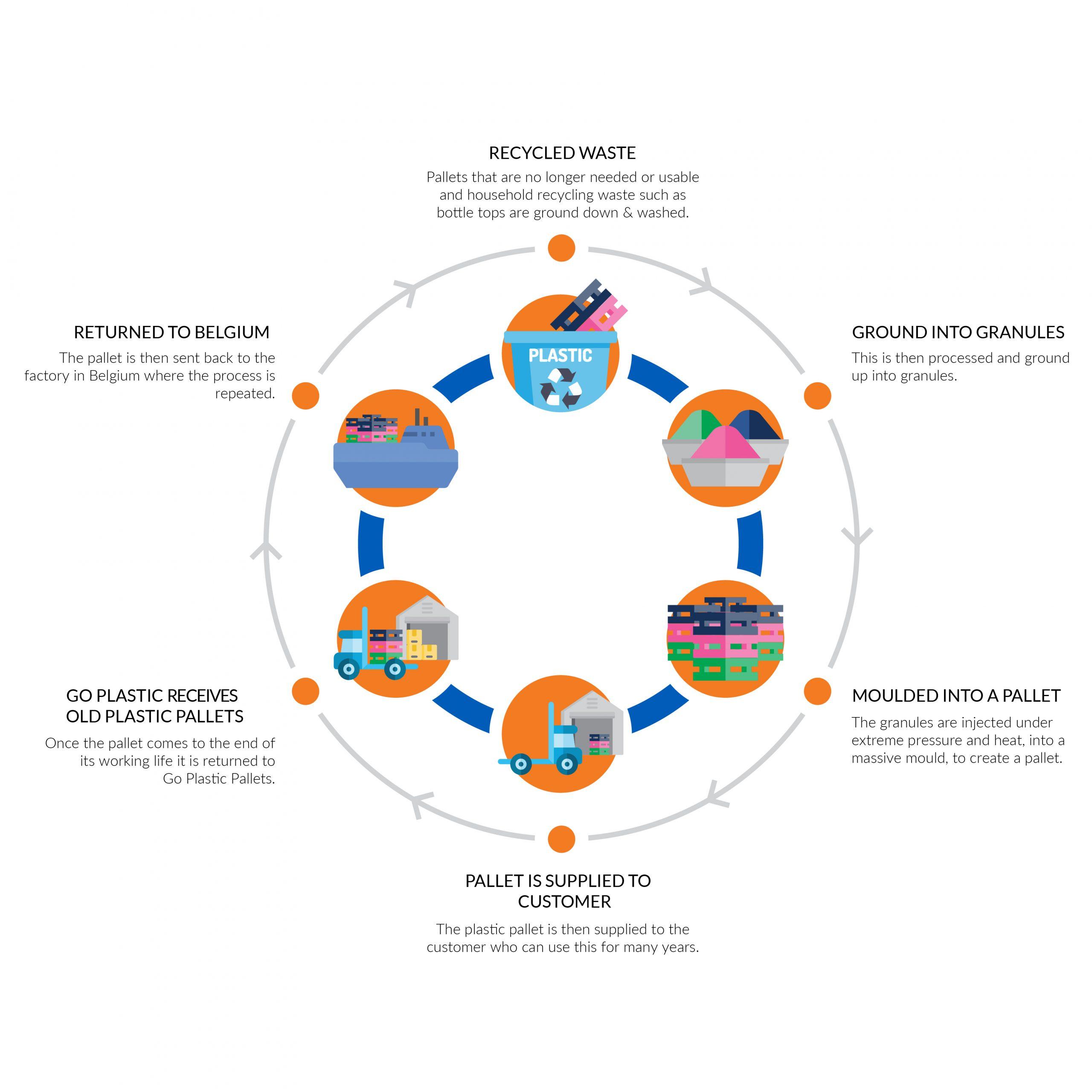10 Compelling Case Studies Showcasing Blockchain in higher Education
Blockchain technology is reshaping industries worldwide, and the world of higher education is no exception.
From secure credential verification to streamlining administrative processes, the submission of blockchain in higher education is revolutionizing how institutions, students, and employers interact with academic credentials and data. In this article, we’ll explore 10 compelling blockchain in higher education case studies that highlight real-world implementations, benefits, and practical outcomes.
Why Blockchain Matters in Higher Education
academic fraud, cumbersome credential validation, and fragmented student records are critically important challenges in the global education sector. Blockchain technology in higher education addresses these issues by providing:
- Immutable and secure digital records
- Decentralized verification of degrees and certificates
- Efficient transfer of academic credits
- Obvious and auditable academic processes
10 Real-World Blockchain in Higher education Case Studies
1. MIT – Blockchain-Based Digital Diplomas
Massachusetts Institute of Technology (MIT) was one of the first universities to issue digital diplomas secured by blockchain. Through the Blockcerts platform, MIT graduates receive tamper-proof, easily shareable digital credentials. This not only boosts employability but also drastically reduces credential fraud.
- Launched: 2017
- Technology: Blockcerts (open-source)
- Result: 2,000+ digital diplomas successfully issued
2.university of Nicosia – Blockchain-Powered Academic certification
The University of Nicosia, Cyprus pioneered blockchain in higher education by issuing academic certificates on the Bitcoin blockchain since 2014. Their approach ensures lifelong, instant verification for graduates and employers globally.
- World’s first blockchain-verified academic certificates
- Extensive use in master’s in Digital Currency program
3. Southern Alberta Institute of Technology (SAIT) – Credential Wallets for Students
SAIT, Canada, uses blockchain technology to enable graduates to instantly access and share their digital credentials through a secure, blockchain-backed wallet solution. This aims to simplify the hiring and admissions process.
- Over 4,800 digital diplomas on blockchain as of 2022
- Faster recruitment and authentication practices
4. India’s National Academic Depository (NAD) – Blockchain degree Registry
India’s NAD leverages blockchain to store and verify millions of academic degrees. Over 1,000 educational institutions participate, ensuring security and trust across countless stakeholders.
- Over 50 million credentials registered
- Prevents fake degree rackets
5. Open University UK – Blockchain for Credit Transfer
The Open University has experimented with blockchain to track micro-credentials and facilitate credit transfer between institutions. This supports a more modular, lifelong learning model.
- interoperable skills and credits system via blockchain
- Streamlined mobility for students across universities
6. University of Bahrain – Blockchain Diplomas at Scale
by partnering with Learning Machine, the University of Bahrain creates and shares blockchain-secured diplomas. This enhances trust with international organizations and eliminates tedious document verification.
- All graduates receive a blockchain diploma since 2019
- Recognized by international employers
7.Sony Global Education – Blockchain Consortium in Japan
Sony’s Global Education Division, along with several Japanese universities, developed a blockchain-based system to share and authenticate academic proficiency scores and records securely.
- Seamless verification among partner institutions
- Focus on privacy and interoperability
8. Holberton school – Transparent Project-Based Credentialing
Holberton School, a coding academy, utilizes blockchain for issuing project completion certificates, letting students demonstrate real skills to employers with verified credibility.
- Project-based blockchain certificates
- accessible proof of skills and achievements
9. Malta’s Education Ministry – Government-Backed Blockchain Transcripts
Malta’s government is building a nationwide blockchain-based academic records system. All state schools and higher education bodies are mandated to provide blockchain transcripts, setting new openness benchmarks.
- Nationwide policy since 2017
- First country to commit at a national level
10. ECPI University (USA) – Blockchain for Transfer Credits
ECPI University deploys blockchain solutions to validate and transfer academic credits between internal campuses and partner institutions. This promotes student mobility and program flexibility.
- Streamlined articulation agreements
- Efficient transfer and acceptance of credits
Benefits of Blockchain in Higher Education
- Fraud Prevention: Immutable records eliminate counterfeit degrees and certificates.
- Efficiency: Automates verification, saving administrative time and resources.
- Enhanced Employability: Students can instantly share verifiable credentials with recruiters.
- Lifelong Learning Support: Facilitates recognition of micro-credentials and non-customary learning.
- Improved Collaboration: Enables smoother student transfers and credit recognition between institutions.
Practical Tips for Implementing Blockchain in Higher Education
- start with a pilot program—choose a single credential or certificate to digitize first.
- leverage established open-source platforms like Blockcerts or work with technology partners such as IBM or Learning Machine.
- Engage key stakeholders—faculty, administrative staff, students, and employers—in the design process.
- Ensure compliance with data privacy regulations like GDPR, FERPA, or local equivalents.
- Prioritize interoperability with other institutions and government bodies for maximum impact.
Firsthand Experience: Educator and Student perspectives
Early adopters frequently note improved transparency and reduced friction when verifying or sharing credentials. For example:
- Educators appreciate simplified administrative workflows – “Our office spends 70% less time on document verification now,” reports a registrar at a participating Canadian university.
- Students love instant, mobile-accessible diplomas and certificates, especially when applying for jobs abroad or graduate studies.
- Employers benefit from trust and efficiency in the hiring process, eliminating doubts about academic achievements.
Conclusion: The Future of Blockchain in Higher Education
The evidence from these 10 blockchain in higher education case studies is clear—blockchain is not a futuristic trend, but a present reality catalyzing profound changes in academia. By adopting blockchain, universities and colleges worldwide are enhancing trust, efficiency, and global mobility for their students.As adoption continues to grow, the potential for further innovation in blockchain-based credentialing, credit transfers, and lifelong learning platforms is virtually limitless.
Whether you’re an educator, administrator, or student, staying informed about blockchain developments can definitely help you stay ahead in a rapidly evolving academic landscape. Explore pilot programs, connect with pioneering institutions, and consider how blockchain can address your most pressing challenges in higher education today.

